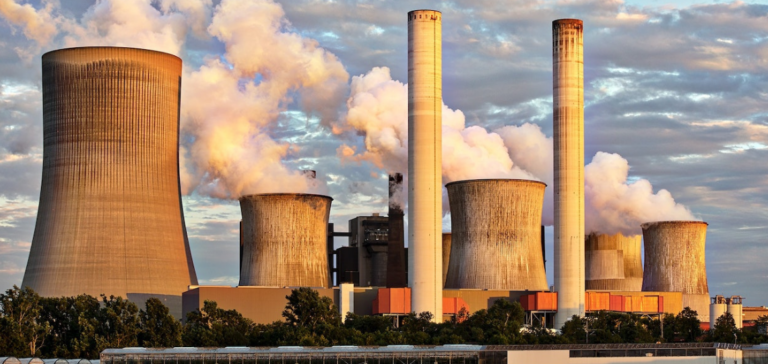In a bold move, a European country embarks on an ambitious nuclear power expansion project. The Conservative-led government recently unveiled a roadmap to significantly increase nuclear power generation, as part of its overall energy transition strategy.
Nuclear Reactors: The Swedish Plan
Energy Minister Ebba Busch stressed the importance of this decision in strengthening the country’s position as a leading nuclear nation. It highlighted the need to double electricity production over the next few decades to meet growing demand. The country currently operates six nuclear reactors, which have been in operation since 1975-1985.
Financing and Economic Challenges of the Project
This initiative comes at a time when Sweden has recently lifted barriers to the construction of new nuclear reactors. According to current plans, the country expects to reach production equivalent to two additional reactors by 2035, followed by further expansion by 2045. This would require the addition of around ten new conventional reactors. However, the question of financing this ambitious project remains a matter of concern. Elisabeth Svantesson, Minister of the Economy, acknowledged the scale of the financial cost of this project and promised a rapid investigation into the matter.
Environmental and Critical Concerns
The reviews, however, do raise concerns. Greenpeace spokesman Rolf Lindahl warns of the risk of massive debt for Swedish taxpayers, and recalls the cost overruns and delays encountered in similar nuclear projects in Europe.
This announcement comes against a backdrop of heightened energy tensions in Europe, exacerbated by reduced Russian gas supplies and soaring electricity prices. This situation makes the question of energy security even more pressing, placing Sweden at the heart of a European debate on the future of energy.
Sweden is embarking on an ambitious journey to become a leader in nuclear energy, aimed at meeting growing energy challenges. Despite its potential economic benefits, the project raises questions about cost and environmental impact.






















